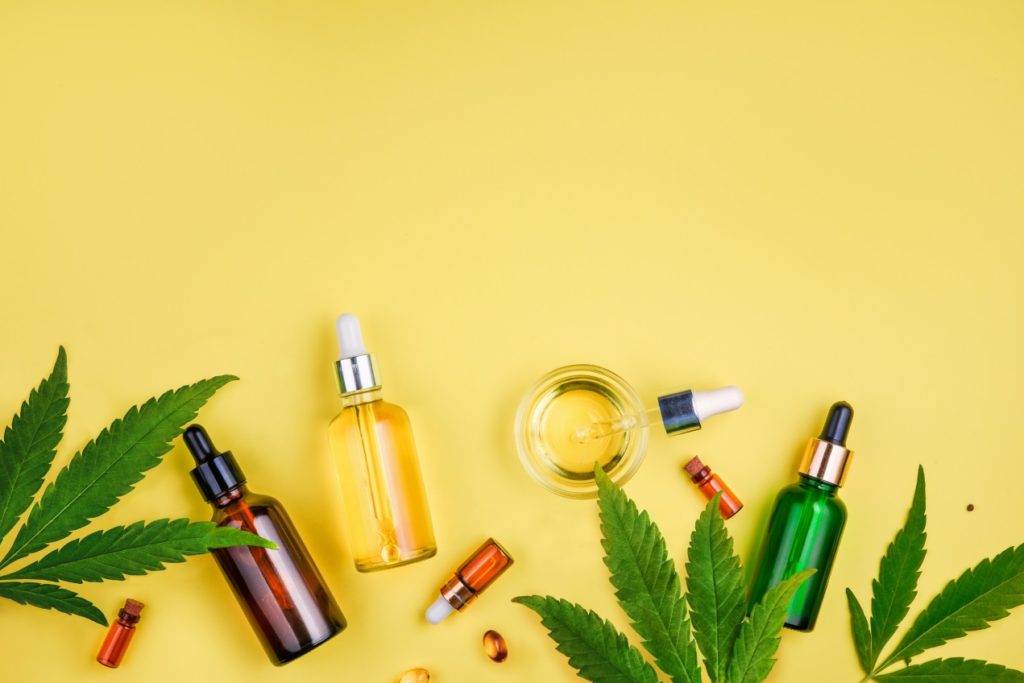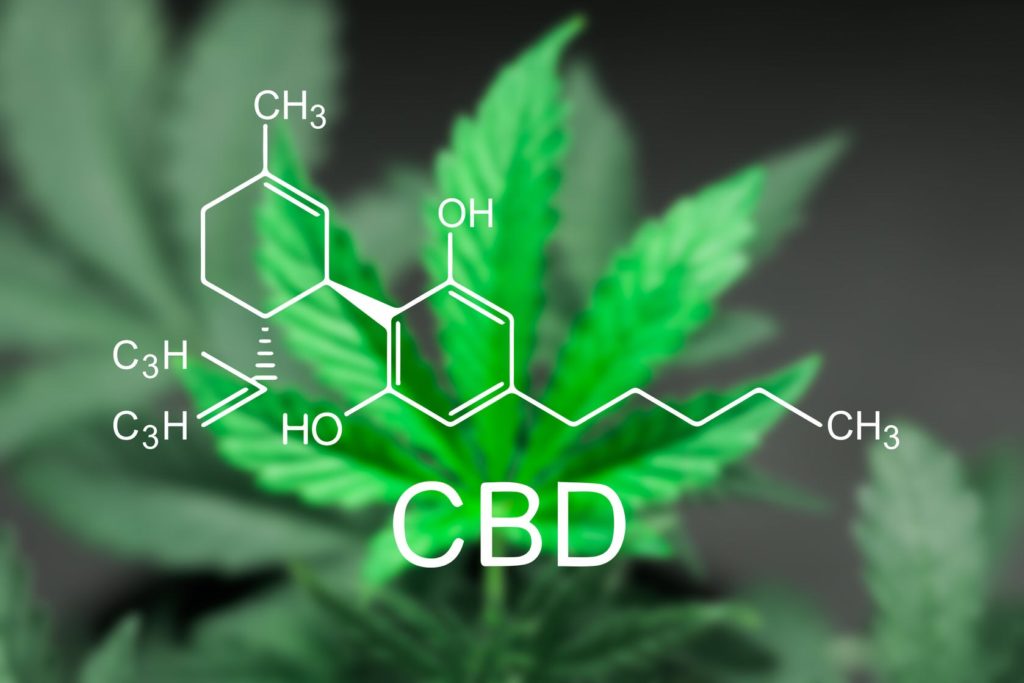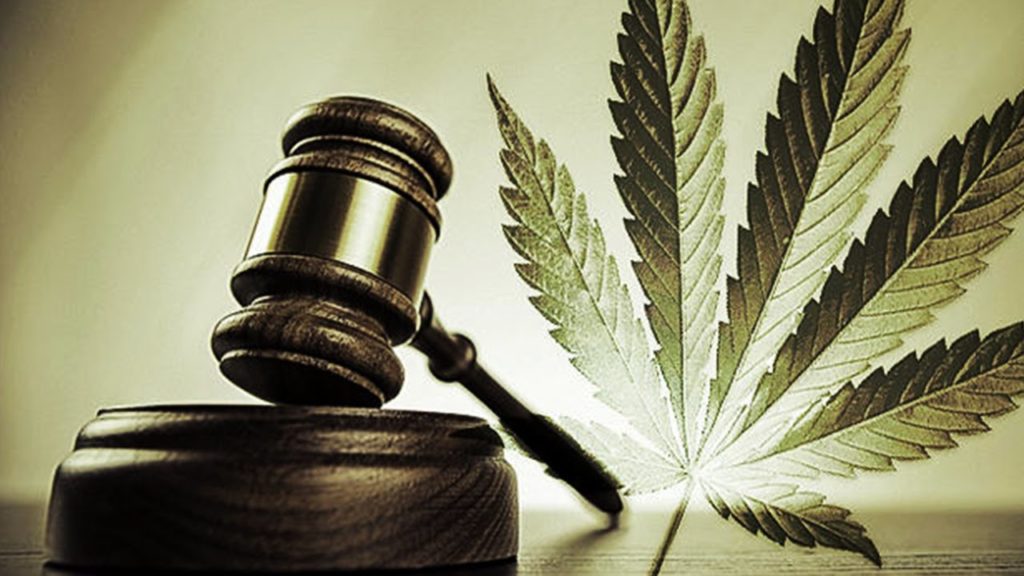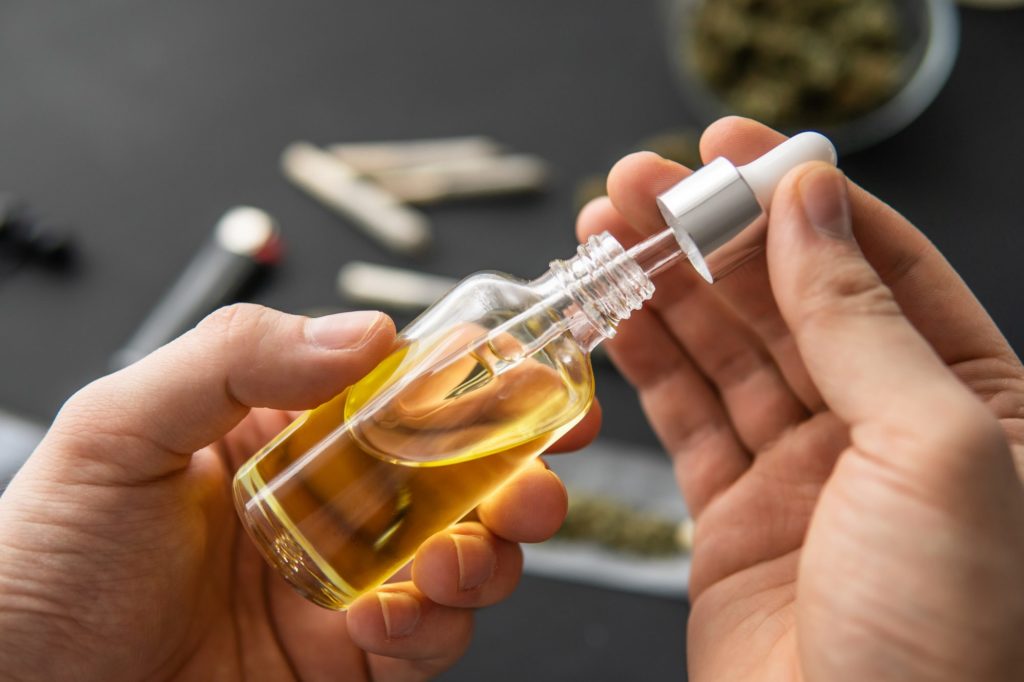Migraines are among the most annoying and troublesome conditions out there, especially because experts cannot explain just why they occur. Their patterns are irregular and it seems like they can come and go whenever.
The people who suffer from chronic migraines dread them. When their head hurts, they often cannot do much else but take something for the pain and wait it out. Coffee helps some, rest is the key for others, but all of this is temporary.
There is however one more option to try and see if it helps, cannabidiol oil. It is said to relieve pain and reduce inflammations, which is why it shows encouragement and promise when it comes to treating migraines.
Cannabidiol (CBD) is among the 120 substances that have traces of cannabis. It comes from the cannabis plant, but it is a different compound than the famous tetrahydrocannabinol (THC) that makes the users high. CBD is free of THC and therefore has no mind-altering effects.
Some people say cannabis reduces the symptoms of some headaches, and there is little evidence that CBD oil is actually effective as a migraine treatment option. However, since there is no migraine treatment effective enough to be a cure, CBD is worth considering.
Those who want to give it a shot should seek advice from their doctor, and check that the product comes from a reputable source to maximize safety. Keep reading to find out more about CBD and migraines.
Why would CBD oil work?

Cannabis has been used for thousands of years to treat headaches and other ailments before it became illegal and considered a drug. Today, it is a controversial substance all around the world, and we are not all on the same page regarding its positive or negative sides.
The lack of scientific evidence about the safety and effectiveness for this purpose tells us that it is not good nor bad, but researchers suggest that some substances present in cannabis might very well have some therapeutic benefits for some headaches, including migraines.
Many of the studies may use the whole marijuana plant, and these effects are different from just the CBD oil. Evidence regarding just the oil suggests that it can reduce both the inflammation and pain in arthritis. So why wouldn’t it work for migraines?
In a review from 2017, researchers revealed there is a useful and effective role for marijuana in migraine treatments, but still, there have not been enough studies regarding the oil specifically. If more of them did occur, the laws and recommendations for CBD oil are sure to change.
Right now, the causes of migraines and the potential benefits of CBD are both unfamiliar, and many more studies have to be carried out.
What does current research show?

CBD oil could be an option for the relief of pain. A study from 2012 showed that the oil can help with some chronic pain, but not specifically headaches and migraines. A study from 2016 concluded that medicinal marijuana might reduce migraine frequency, but again, it was not limited to CBD oil.
A decade ago in 2009, evidence was found that suggests some cannabis compounds might treat chronic pain in people who have been taking opioids for long periods of time and want to reduce this habit. In July of last year, a study did not find any link between cannabis use and pain reduction.
Keep in mind that all of these results depended on the participants and their own use of cannabis. Most of it was illegal and focused on cannabis as a whole, instead of just CBD oil or other substances.
Legality

The current laws that regulate CBD are somewhat shady. Hemp and hemp-derived products that have 0.3% THC content are legal, but some confusion still remains. In the USA, it can be different in every state, as the FDA has not yet approved any such nonprescription products.
The FDA approved one purified CBD oil without THC in June of 2018, in order to treat two rare and severe types of epilepsy. You can only get it with a prescription though. Most other available products do not have approval, which means they might not be safe. If you want to start using some products, one of the best places to get it from is nolaru.com. Make sure to consult with your doctor first.
How is CBD oil used?

You can use CBD oil in many different ways. For example, it can be an ingredient in food and drinks or a capsule you take. It can be vaped or inhaled, but this presents some danger to the lungs. Like any other oil, it can be applied to the skin. Lastly, you are able to get drops or a spray for oral use.
Since nothing has yet been researched enough, there is no recommended or standard dosage or method of using CBD oil in migraine treatment. Like anything else, a low dosage should be used at the beginning, which is what most doctors would recommend.
Other treatments
Like any other condition or ailment, the professional you consult with is likely to recommend other potential treatments before they get to the oil. Perhaps the best thing to do is to try and avoid migraine triggers. This includes stress management, avoiding allergens and bright lights, and sleep-enhancing practices. There is no definitive cure or treatment, and different things work for different people. You might want to try all and see what suits you best.
If you want to take something for migraine pain, approved treatments include:
– Over-the-counter (OTC) pain relievers like acetaminophen
– Nonsteroidal anti-inflammatory drugs (NSAIDs) like ibuprofen and aspirin
– Combined pain reliever and caffeine medicine
– Prescription medication that blocks migraine pain like triptans and ergots
– Drugs that help with prevention like beta-blockers, antidepressants, and anti-seizure medication
– Botox treatment
Again, you should try several, keep track and learn what helps you more. Once you find it, stick with it.
Conclusion
If you are among those that often experience migraines, you should speak with a doctor and learn about your possibilities and treatment. Always seek advice and consulting before trying CBD oil or other natural and unproven supplements and therapies. Some might be dangerous and have serious side effects, which is why you must stay safe.












